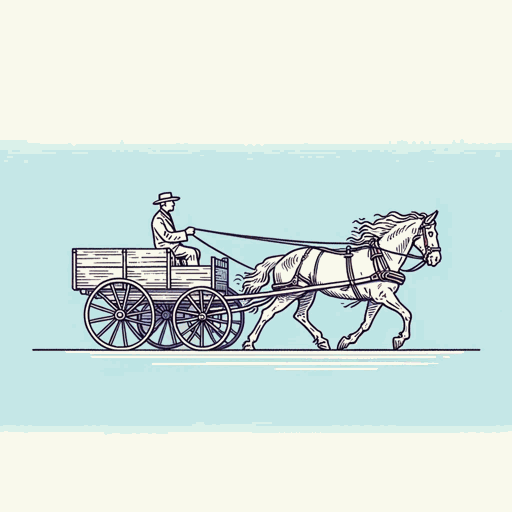88 pages • 2 hours read
Erik LarsonIsaac's Storm
Nonfiction | Book | Adult | Published in 1999A modern alternative to SparkNotes and CliffsNotes, SuperSummary offers high-quality Study Guides with detailed chapter summaries and analysis of major themes, characters, and more. For select classroom titles, we also provide Teaching Guides with discussion and quiz questions to prompt student engagement.
Important Quotes
"The nation in 1900 was swollen with pride and technological confidence. It was a time, wrote Sen. Chauncey Depew, one of the most prominent politicians of the age, when the average American felt 'four-hundred-percent bigger' than the year before."
(Prologue, Page 5)
Arguably the book's most important theme is the hubris of American scientists and bureaucrats at the turn of the 20th century. This hubris, Larson argues, played a significant role in the US Weather Bureau's unwillingness to issue the appropriate warnings to Galveston's citizenry in a timely manner.
"Zebrowski proposed that the answer might lie in the science of 'nonlinear dynamics': chaos theory and the famous butterfly effect. He framed the question this way: 'Could a butterfly in a West African rain forest, by flitting to the left of a tree rather than to the right, possibly set into motion a chain of events that escalates into a hurricane striking coastal South Carolina a few weeks later?'"
(Part 1, Page 26)
At the turn of the century, America's faith in science and reason as a method for explaining and predicting natural phenomena peaked. As Larson Ernest Zebrowski, Jr. points out, the factors involved in forming a massive hurricane may be too numerous for even the most advanced scientists and mathematicians to calculate.
"There were many things you could be in the new America, but a coward was not one of them."
(Part 1, Page 32)
Throughout the book, Larson seeks to analyze the collective psyche of America at the turn of the century. This observation is reflected in both the Weather Bureau appointees, who failed to issue timely hurricane warnings because they didn't want to look like alarmists; and the Galveston residents who refused to leave their homes for higher ground, even as the storm raged around them.
Related Titles
By Erik Larson

Dead Wake: The Last Crossing Of The Lusitania
Erik Larson

In the Garden of Beasts
Erik Larson

The Devil in the White City: Murder, Magic, and Madness at the Fair That Changed America
Erik Larson

The Splendid and the Vile: A Saga of Churchill, Family, and Defiance During the Blitz
Erik Larson

Thunderstruck
Erik Larson

